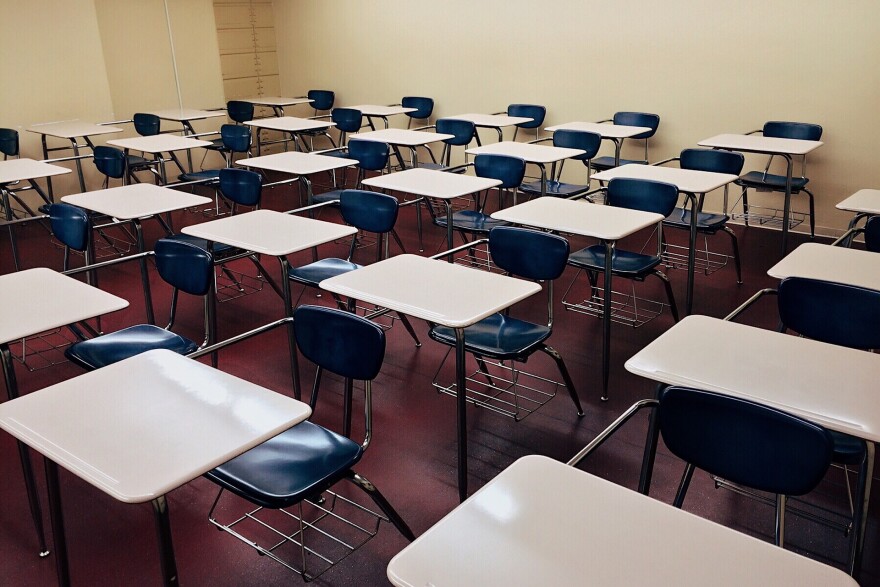There is a connection between lower COVID-19 cases and fewer deaths and closed schools, according to a report published in the Journal of the American Medical Association. Dr. Katherine Auger of Cincinnati Children's Hospital says states that closed schools early in the pandemic saw fewer new cases and fewer deaths than states that closed later.
Auger says they looked at schools in all 50 states. "And what we found was that last spring, when states closed schools, we did see a significant association with both the number of COVID cases that occurred in communities as well as the number of deaths."
Auger says the link might not be just because kids are staying home, but because parents were as well. "It's hard to say how much of the effect of school closures is related to kids not being with other kids, but also it could likely be related to parents staying home from work to take care of kids."
She says kids need to be in school, for their own well-being. She says closing schools disrupts their lives and the lives of their parents.
The study began, Auger says, when she was talking with another parent as Ohio's schools first closed. "And they said to me, 'I really hope they know what they're doing.' And I thought at the time, 'Wow. We really don't know whether or not if school closure is going to make a difference in terms of these numbers.' "
Auger says the findings tell her there are three things to consider before opening a community's schools back up: how widespread the virus is in the community; how well the school is following hygiene guidelines; and what's happening at home.
"Does a child rely on things like meals for school, and school nutrition programs? Does a child rely on in-person therapies? In which case, those kids need to be back at school as soon as possible to provide the best services that they can possibly get," she says.
Auger says it boils down to this: schools need to be flexible as the new semester approaches.



